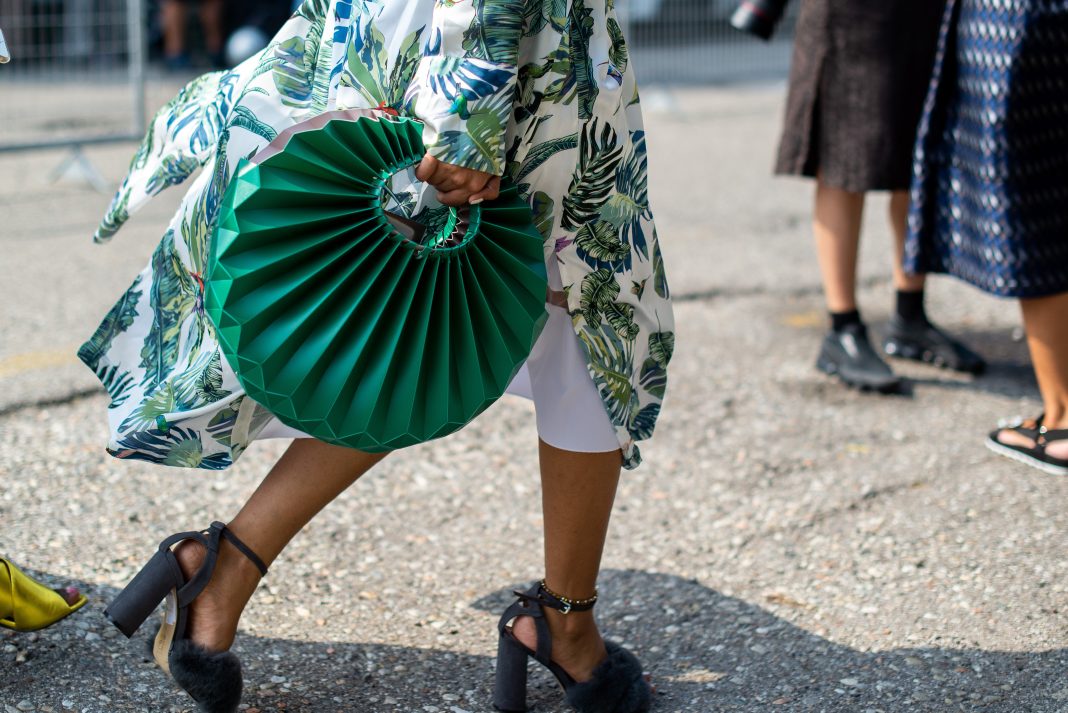New York Fashion Week is one of the most anticipated fashion events in the world, where top designers, celebrities, and fashionistas gather to witness the latest fashion trends. But how did this iconic event come to be?
The roots of New York Fashion Week can be traced back to the 1940s…
The roots of New York Fashion Week can be traced back to the 1940s, when fashion publicist Eleanor Lambert organized “Press Week” in New York City as a way to showcase American fashion to journalists and critics. The event was a success, and soon it became an annual tradition.
In the 1950s and 60s, New York Fashion Week began to gain more attention and traction, with designers such as Oscar de la Renta, Bill Blass, and Geoffrey Beene making their debuts. The event was still primarily focused on press and industry insiders, but it was starting to attract a wider audience.
In the 1970s, New York Fashion Week began to take on a more international flavor, with designers from around the world showcasing their collections. It was during this decade that the event started to become more of a spectacle, with runway shows featuring elaborate sets, music, and lighting.
In the 1980s and 90s, New York Fashion Week continued to grow in popularity, with big names such as Calvin Klein, Ralph Lauren, and Donna Karan establishing themselves as fashion powerhouses. The event became a major cultural event, with fashion shows being covered by mainstream media outlets such as CNN and The New York Times.
In the early 2000s, New York Fashion Week faced some challenges, as the 9/11 terrorist attacks forced the event to be canceled for the first time in its history. However, it quickly bounced back, with designers such as Marc Jacobs, Alexander Wang, and Michael Kors helping to keep the event relevant and exciting.
In recent years, New York Fashion Week has continued to evolve, with a greater emphasis on inclusivity and diversity. Many designers have started to use their runway shows as a platform for social and political messages, and there has been a push to include more models of different ages, sizes, and ethnicities.
Today, New York Fashion Week remains one of the most important events in the fashion industry, and it continues to attract designers, models, and fashion enthusiasts from around the world. While the event has changed and evolved over the years, its core mission remains the same: to showcase the very best in fashion and to celebrate the creativity and innovation of the world’s top designers.

In what month is New York Fashion Week held?
New York Fashion Week now takes place twice a year, with one event in February/March and another in September. The event typically lasts around seven to eight days and includes runway shows, presentations, and other fashion-related events.
The event has also become more accessible to the general public, with some shows offering tickets to non-industry insiders. Additionally, many designers now livestream their runway shows online, allowing people from around the world to watch the event in real-time.
In recent years, New York Fashion Week has also faced some criticism and challenges. Some have questioned the environmental impact of the event, as fashion shows require a significant amount of resources and generate a lot of waste. There have also been calls for the event to become more inclusive, with a greater representation of designers and models from diverse backgrounds.
Despite these challenges, New York Fashion Week remains a major cultural event and an important showcase for the fashion industry. It has helped to launch the careers of countless designers and has influenced fashion trends around the world. As the event continues to evolve and adapt to changing times, it will be interesting to see what the future holds for New York Fashion Week.

How Is New York Fashion Week Being Impacted By Technology?
One of the biggest changes to New York Fashion Week in recent years has been the rise of digital technology. With social media platforms like Instagram and Twitter, designers and attendees can share photos and updates from the event in real-time. This has helped to democratize the event and has given more people a chance to experience the excitement of Fashion Week.
In addition, New York Fashion Week has become more diverse and inclusive in recent years. Designers are now featuring models of all ages, sizes, and backgrounds in their shows, helping to break down traditional beauty standards and promote body positivity. The event has also become more inclusive of designers from underrepresented groups, with the introduction of the Black in Fashion Council and the Indigenous Fashion Week.
Another notable change has been the introduction of sustainability initiatives. In recent years, many designers have started to prioritize eco-friendly materials and production processes. New York Fashion Week has also introduced its own sustainability initiative, called “The Green Shows”, which showcases environmentally-friendly designers and educates attendees about sustainable fashion.
Looking to the future, New York Fashion Week will likely continue to evolve and adapt to the changing needs of the fashion industry. With the rise of e-commerce and online shopping, there may be a greater focus on digital shows and events. However, the importance of in-person events and networking cannot be overlooked, so it is likely that New York Fashion Week will continue to be a major destination for fashion professionals and enthusiasts for years to come.

